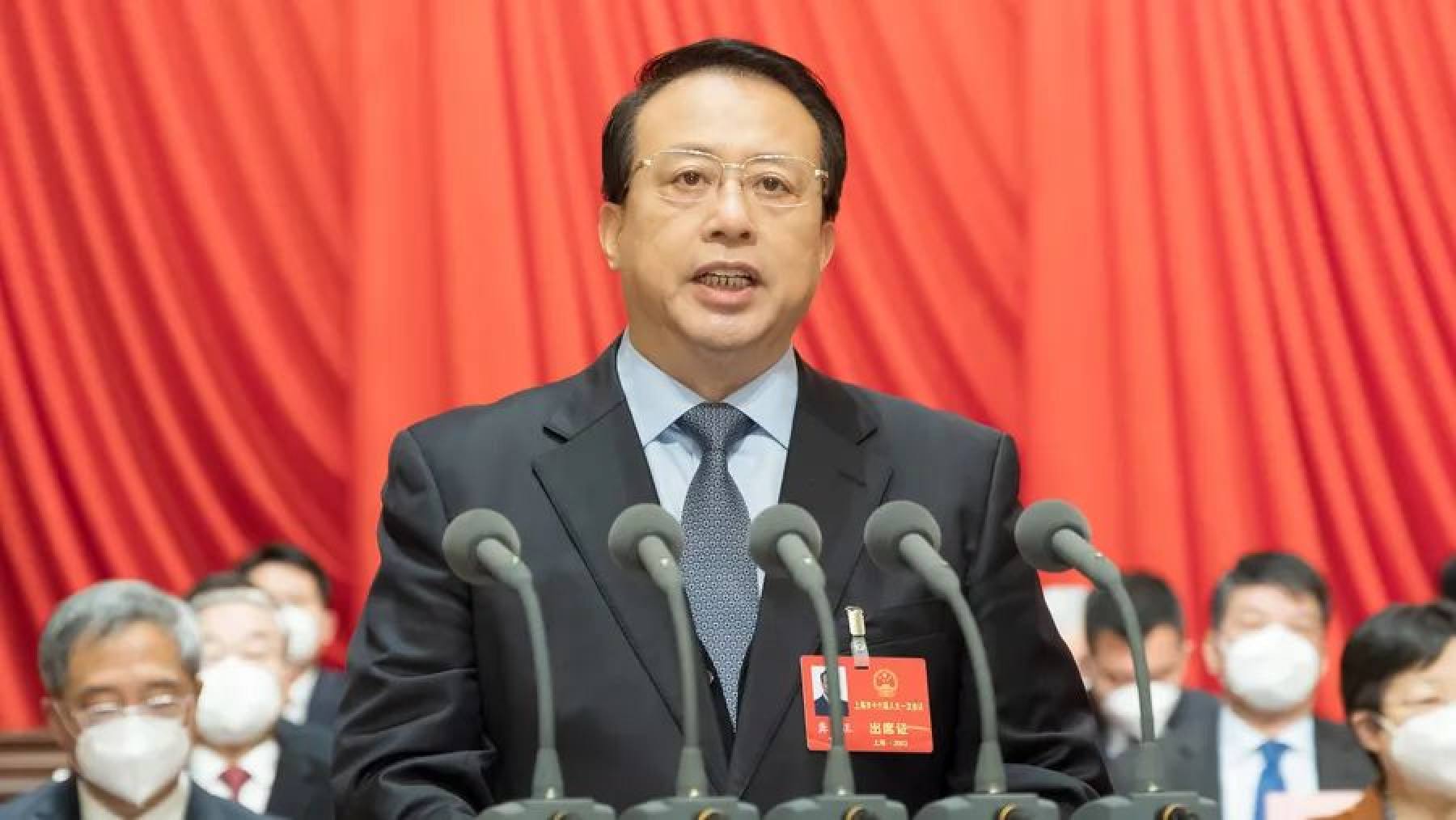
Shanghai pledges tax cuts, government subsidies for ailing small businesses as city sharpens focus on economic recovery in 2023
- Shanghai Mayor Gong Zheng on Sunday committed more economic sweeteners, such as tax cuts and government subsidies, to help the city’s small businesses
- That support is in line with the metropolis’ goal to achieve a gross domestic product growth rate of 5.5 per cent this year
“Local companies are the cells of the Shanghai economy and they lay the foundation for economic growth,” Gong said at a press conference after the close of the Shanghai People’s Congress. “We are studying a series of policies to address the problems that local small firms now face, including difficulties in securing orders, accessing capital and managing raw material costs.”

Gong, who did not elaborate on the size of the city’s fresh incentives, said the details are yet to be drawn up by local authorities.
Last year, the Shanghai municipal government required all state-owned developers to exempt tenants from paying rent for at least three months to help ease their financial woes.
Gong indicated that Shanghai is now pursuing a balanced growth model, which ensures that all businesses – whether state-controlled, privately-owned or foreign-funded – can maintain healthy operations in the metropolis.
“We hope that the businesses of these coronavirus-affected companies could soon return to normal,” the mayor said.
Shanghai eyes 5.5 per cent consumption-led economic growth for 2023
The business recovery measures targeted by Shanghai reflect local authorities’ efforts to revive the flow of new investments into the metropolis – long-recognised as the “dragon head” of China’s economy, serving as the gateway for foreign businesses and capital to enter the mainland.
“We hope to achieve reasonable [economic growth] to keep employment and consumer prices stable,” Gong said. “We believe business confidence will recover.”
Beijing, Shanghai ramp up efforts to attract post-Covid investment
But on Sunday, Shanghai authorities did not reveal the city’s overall economic data for 2022, when thousands of small companies struggled to stay afloat because of disruptions in manufacturing and consumption.
Shanghai’s small businesses get mixed feelings about zero-Covid policy pivot
In the second quarter last year, Shanghai’s GDP contracted by an unprecedented 13.7 per cent from the same period in 2021.
“Since China has shifted from its zero-Covid strategy to living with the virus, most of Shanghai’s businesses will see a recovery this year,” said Ding Haifeng, a consultant at local financial advisory firm Integrity. “But many small firms, like restaurants and groceries, still need financial and policy support to maintain operations.”

